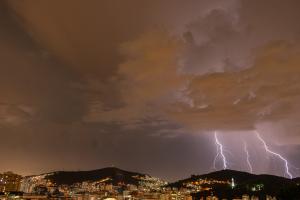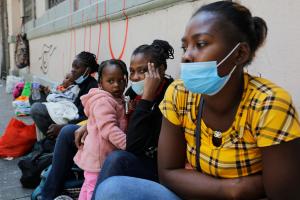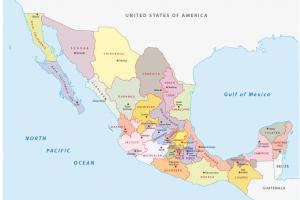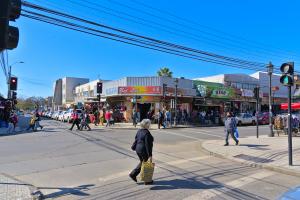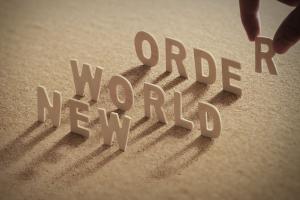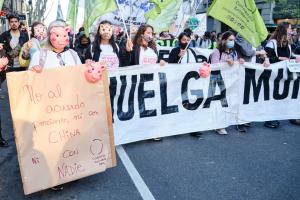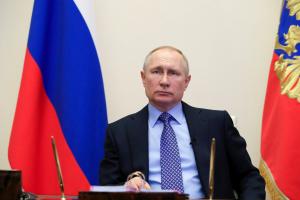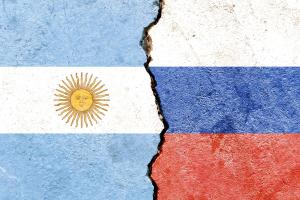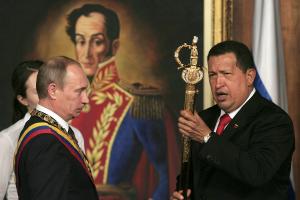Pulse: Latin America
Toward a Strategy for Responding to the PRC in Latin America
The work argues that the problem is not the “lack of a strategy,” but ensuring that the strategies that we apply are appropriate, adequately resourced and coordinated, and the tools we use are up to the task. In addition to concisely stating the nature of the risks to the US and the region arising from some dimensions of PRC engagement, the recommendations advanced by the work include: (1) holding the line for Western corporations, strategic technologies and liberal institutions, (2) helping our partners to strengthen their institutions to get a better deal from their work with the PRC and other actors; (3) fixing, rightsizing and better coordinating our institutional tools for competing, (4) improving our data supported messaging, and (5) advancing clear new strategic concepts for the military as part of a whole of government response, coordinate with our likeminded allies.
Latin America's Perfect Storm
Originally published by Global Americans.
The Caribbean in the Crossfire: Between Covid-19, Narcotics, China, and Russia’s Invasion of Ukraine
My newest work on how the combination of Covid-19, Russia's invasion of the Ukraine, PRC engagement in the Caribbean, and transnational organized crime dynamics, are gravely stressing and transforming the Caribbean.
The Struggle for the Soul of the Latin American Left
This report argues that the struggle between democratic elements and authoritarian populist elements of the increasingly dominant but diverse Latin American left will define the future of the region, with significant implications for the US.
The Risks of Chinese Engagement in the Americas
This short work gives particular attention the increasing PRC presence in the digital economy and its technologies, as well as providing recommendations for US policymakers.
The Transitional World Order: Implications for Latin America and the Caribbean
Russia’s invasion of Ukraine—indirectly underwritten by the People’s Republic of China (PRC) and with the Western response hampered by the threat of nuclear war—highlights a world transitioning away from the institutional, economic, and ideological order that has prevailed since the end of World War II. The transition will have significant and grave implications, and its dynamics are likely to be uneven, with the U.S. and democratic, market-oriented states likely to be some of the most adversely affected.
China Engages Latin America: Distorting Development and Democracy?
This book provides a balanced and compelling framework for understanding PRC engagement in the region that recognizes both the opportunities and threats to the region, and that recognizes the legitimacy of the search for economic opportunities by both China and the region in the context of transparency, rule of law, and a level playing field for the benefit of all.
Lessons from Russia's Latin America engagement over Ukraine
Russia’s engagement with Latin America after its unprovoked invasion of Ukraine, and the Latin American response to the invasion, illustrates the growing strategic challenge to the U.S. from the survival and proliferation of populist authoritarian regimes in the Western Hemisphere.
Alberto Fernandez' Magical Odessey to Russia and China
President Alberto Fernández’s state visit to Russia and the People’s Republic of China (PRC) this month was tragic for Argentina—its national interests, its reputation as a democratic voice in the region, and moderates within Peronism who sincerely believe in the government as a tool for social justice and progress.
Russia’s Latest Return to Latin America
The indirect threat made by Russian Deputy Foreign Minister Sergei Ryabkov as the crisis in the Ukraine escalated in January 2022, that Russia could not rule out deploying military forces to Venezuela and Cuba, highlighted the strategic risks posed by Russia’s position in the Western Hemisphere.

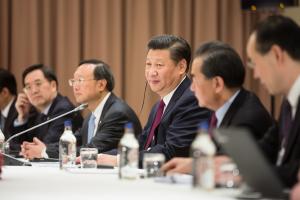
 by
by 